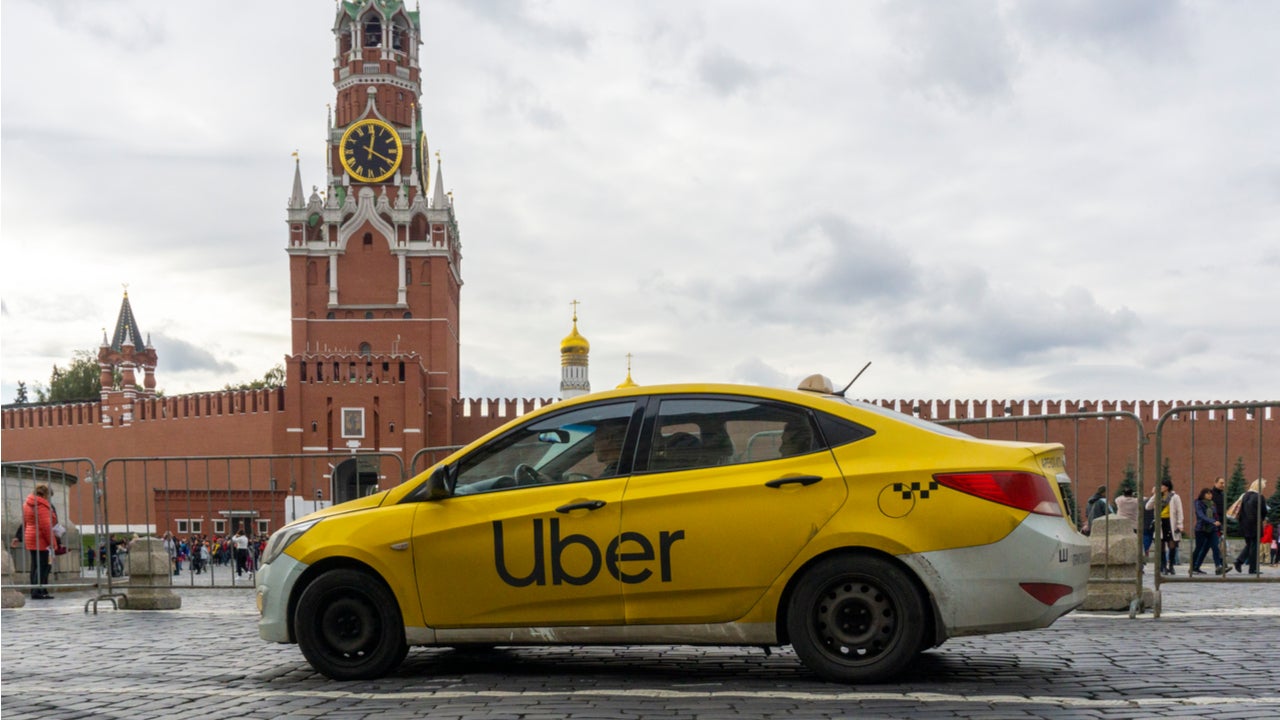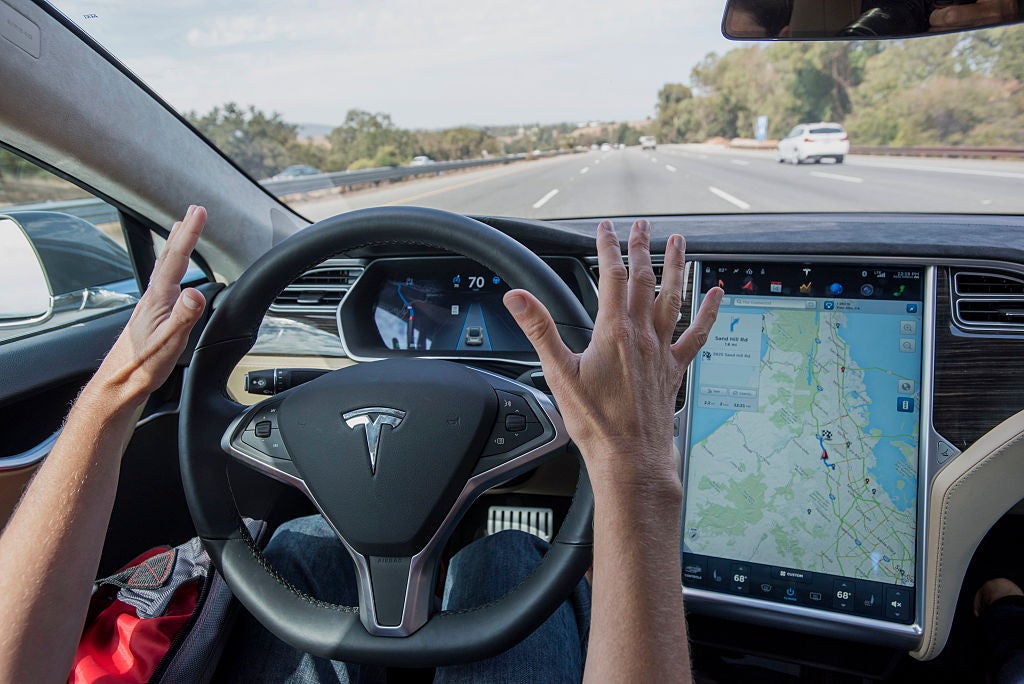
Uber is selling its stake in a delivery and self-driving joint venture to Russian technology company Yandex. The $1bn buyout is Uber’s latest divestiture in its pursuit of profitability.
The deal will see Yandex take full ownership of the joint venture, which the two ride-hailing companies first created in 2018.
Yandex, which is also an internet search giant, will take 100% ownership in Yandex.Eats, Yandex.Lavka and Yandex.Delivery. Uber is also selling its 18.2% stake in Yandex Self-Driving Group, giving Yandex complete ownership.
Yandex will also increase shares in the newly restructured and mobility-focused joint venture, MLU, to 71%. As part of the deal, Yandex will also have the option to buy Uber’s remaining stake in MLU over the next two years at an agreed price of $1.8bn to $2bn.
“The consolidation of these businesses puts us in a great position to further increase strategic management flexibility, while creating new substantial growth potential for our businesses and cross-platform consumer benefits over the years to come, allowing us to unlock new sources of value for our shareholders,” said Tigran Khudaverdyan, deputy CEO of Yandex in a press release.
It is the latest divestiture from US-based Uber as it looks to raise cash and narrow its focus on becoming profitable.
How well do you really know your competitors?
Access the most comprehensive Company Profiles on the market, powered by GlobalData. Save hours of research. Gain competitive edge.

Thank you!
Your download email will arrive shortly
Not ready to buy yet? Download a free sample
We are confident about the unique quality of our Company Profiles. However, we want you to make the most beneficial decision for your business, so we offer a free sample that you can download by submitting the below form
By GlobalDataUber sold its self-driving division to self-driving car software startup Aurora in December 2020 for $4bn. Uber retained a 26% stake in the company, suggesting it isn’t completely writing off its hopes for driverless taxis.
In 2016, Uber sold its China business to rival Didi Chuxing after struggling to gain market share and losing more than $1bn a year. As part of that deal Uber gained a 17.5% stake in the combined company.
In September 2020 it was reported that Uber was seeking to sell part of its then $6.3bn stake in Didi. That stake has since dropped to 12%, which crystalised into an $8bn return following Didi’s June initial public offering.
Uber’s investment quickly shrank by $2bn amid an investigation launched into Didi by Chinese regulators.
According to GlobalData’s Intelligence Centre, Uber has made seven divestitures since 2018. They include the sale of its rental e-bike subsidiary Jump to mobility company Lime; the offloading of air taxi business Uber Elevate; and the sale of its Southeast Asia operations to GrabTaxi.
Together, these actions mark a reversal of Uber’s sprawling global ambitions that saw it pursue a “growth at all costs” strategy. It relied heavily on investor cash to break into markets that in some cases have proved too costly to maintain.
Founded in 2009, Uber is yet to report an annual profit. In 2019 it reported losses of more than $8.5bn. CEO Dara Khosrowshahi said Uber expected to be profitable by the end of 2020.
Then the pandemic happened. With nobody taking trips Uber began burning through cash – although it was saved from heavier losses by its food delivery business, Uber Eats.
In August 2020, delivery revenue overtook ride-hailing and it has remained on top ever since.
Uber did, however, report a surprise one-time profit of $1.1bn in Q2. But this was largely due to unrealised gains of $1.4bn from its investment in Chinese ride-hailing firm Didi and a $471m investment in driverless car company Aurora.
The way in which Uber pointed to this profit in its latest results suggests that divestiture may be a temporary strategy to achieve profitability. Its Yandex joint venture sell-off may help Uber report another profitable quarter, albeit one that depends on unrealised gains.
And while Uber has weathered the worst of the pandemic it faces other obstacles on its road to profitability.
Uber’s Supreme Court loss in February means its UK drivers are now entitled to minimum wage and paid holiday. In May, Uber set aside $600m to cover the cost of retrospective pay claims from drivers. It will also face increased costs in the UK going forward and its UK drivers also made history by joining the first union to be recognised by Uber. The ruling and the subsequent unionisation did not apply to UK Uber Eats riders.
While the driver status ruling doesn’t automatically apply to Uber’s markets outside of the UK, there are signs that drivers might become more expensive elsewhere.
On Monday Uber proposed a benefits fund for app-based, gig economy workers in Canada. The plan suggests that there should be one fund for workers that depend on multiple platforms for work, rather than creating individual benefits with each company.
It follows lawsuits in Canada and the US against Uber and other gig economy companies over employee statuses. Should Canada and other countries decide to follow a similar path to the UK, Uber may face a hefty bill at a time when it still recovering from the pandemic.




